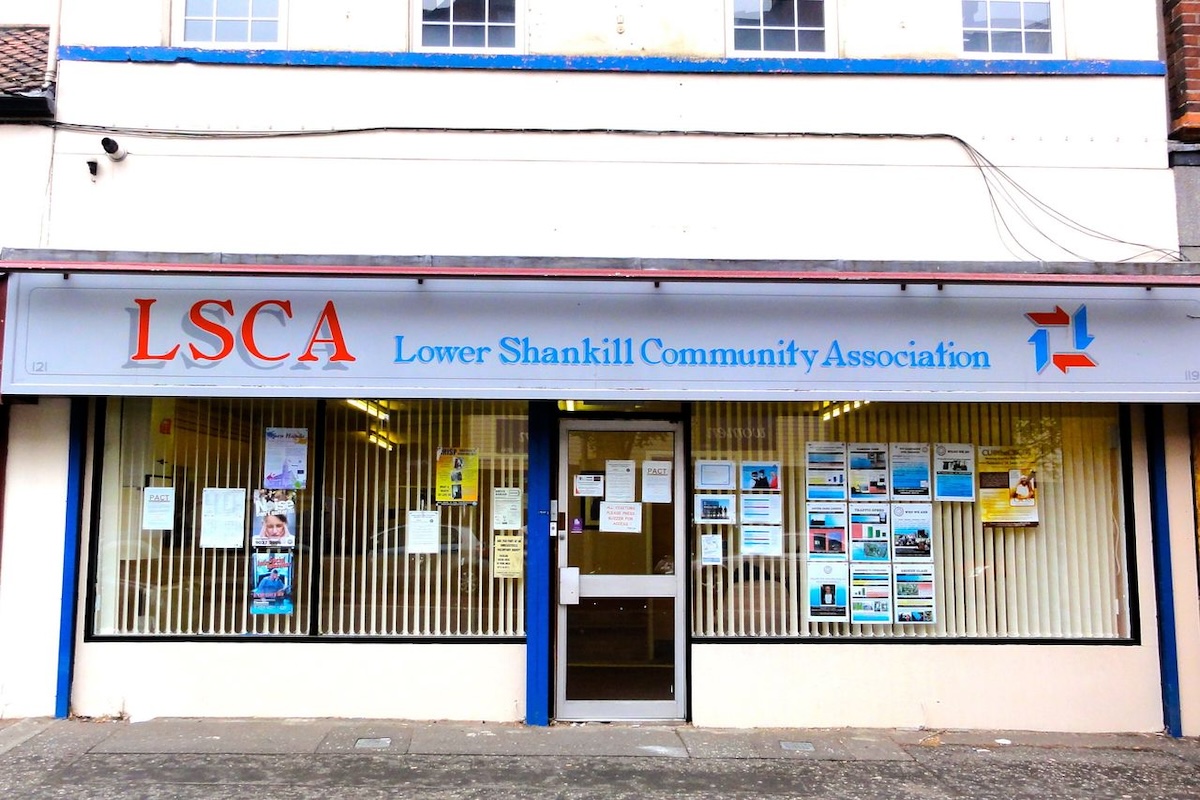
An alleged UDA drug dealer sat on the board of a ‘charity’ which has been paid £375,000 in state cash handouts since 2021, it has emerged.
The ‘Charity Commission for Northern Ireland’, the North’s charity regulator, went to extraordinary lengths to conceal from the public that a loyalist twice raided by police over UDA drug dealing sat on the board of a publicly-funded charity.
For more than a year the charities oversight body blocked an investigation by the Sunday Life newspaper into Robert ‘Roy’ Douglas and his links to the Lower Shankill Community Association (LSCA).
The 60-year-old’s home in Belfast has been searched twice by officers from the Paramilitary Crime Task Force as part of anti-UDA drug dealing operations.
Only a tribunal recently forced the Charity Commission into a U-turn and ordered it to provide the information.
Other UDA figures like Denis Cunningham — who was jailed for reading a paramilitary statement while wearing glasses over a balaclava — have also served on the board of the LSCA.
Sammy ‘Flare Gun’ Hinton — who swore a young Johnny Adair into the UDA terror gang — also resigned from the board of the charity ahead of being convicted for a second time of beating up a woman.
While the organisation is heavily linked to the West Belfast UDA, not everyone involved with it has paramilitary connections.
Questions over the public funding of community ‘charities’ have increased year over year. Evidence has pointed to peace funds being diverted to support loyalist armed groups, while longstanding and law-abiding nationalist and republican organisations have been overlooked.
In a parallel development, a group of leading academics has concluded that billions of pounds of so-called peace-building funds have increased division rather than improve community relations in the North.
The paper identifies how the funding can be “skewed to support local political interests” and often works “contrary to its objectives”.
The authors conclude that EU funding “can compound rather than ameliorate divisions”.
Since the mid-1990s, around €3.3bn (£2.8bn) has been spent on, or pledged to, thousands of projects designed to “support peace and prosperity”.
Ulster University’s Professor Paul Carmichael said the benefits of the funding were “perhaps not commensurate with the investment”.
“If you’re being really skeptical or cynical, you might say that had this money not been spent, or been spent on something entirely different, would it have made any difference?” he said.
![[Irish Republican News]](https://republican-news.org/graphics/title_gifs/rn.gif)
![[Irish Republican News]](https://republican-news.org/graphics/title_gifs/harp.gif)

